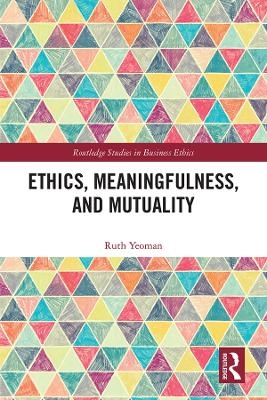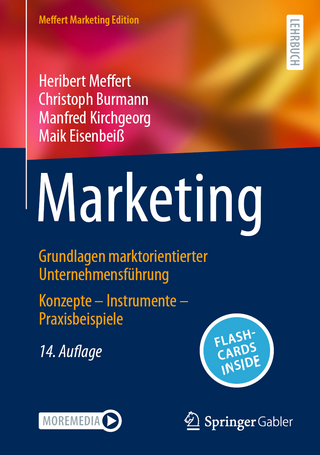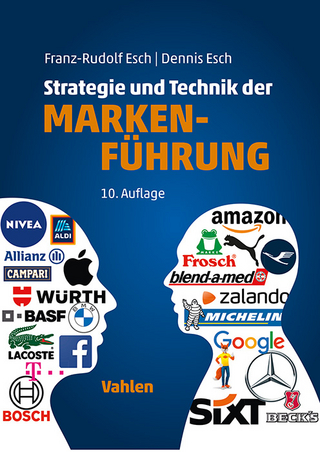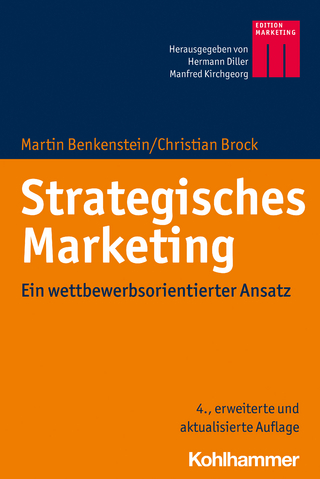
Ethics, Meaningfulness, and Mutuality
Routledge (Verlag)
978-0-8153-8040-5 (ISBN)
Ethics, Meaningfulness, and Mutuality poses critical questions related to organisational design by challenging limits to current thinking, such as the neglect by political philosophers of markets, firms and stakeholders, or by organisational theorists of business ethics. In so doing, the book advances our understanding of the theory and practice of ethical organising. Specifically, meaningfulness and mutuality will be used to yield values and principles for a philosophy of ethical organising which includes an account of human values in morally desirable collective action, and examines the relationship of collective action to the contested concept of shared value creation. Within a philosophy of ethical organising, mutuality permits an examination of the unavoidable relational nature of collective action, whereas meaningfulness addresses fundamental human concerns for significance and leading a life we have reason to value.
By addressing our status as relational beings with human needs for meaning, a philosophy of ethical organising brings critical thinking to the creation of morally informed organisational practices which are not only instrumentally beneficial for addressing wicked problems, but are normatively desirable for human flourishing.
Ruth Yeoman is a Fellow at Kellogg College, University of Oxford, and an Associate Researcher at King’s College, University of Oxford. Ruth researches the concepts and application of meaningfulness and mutuality to work, organisations, and systems.
Preface, OVERVIEW, The sustainability imperative, Motivating humanity, A human capability for ethical world-building, Meaningfulness and mutuality, Towards a philosophy of ethical world-building, Organisations and organising, Overview of chapters, CHAPTER ONE: THE REALM OF VALUES, Relational Conception of Values, Eudaimonic reflection and cosmopolitan morality, Organisational values, Values-work, Values in ethical organising, Moral free space, Liberal value pluralism, Moral progress, Moral imagination, Meanings, understanding, and knowledge, Common knowledge, Changing values, CHAPTER TWO: THE MEANINING OF VALUE, Value and the sustainability imperative, The meaning of value, Forms of value, Value worth creating, Worth, Integrative worth and publicness, Ethical worlds, The life value model, Materialist ethics, Framing life value organisations, Elements of the life value model, CHAPTER THREE: MEANINGFULNESS AND MUTUALITY, The value of meaningfulness, Meaningfulness – objective, subjective, hybrid, Sources of meaning and public meaningfulness, Practical reasoning, Ethics of care, Domination and alienation, Mutuality as an organising principle, Roots of mutuality, Mutuality and reciprocity, Constrained and expansive mutualit, Dimensions of mutuality, Ethical orientations – fairness, care, flourishing, Voice in ethical world-building, Structures and institutions, Metis – overcoming muteness and harnessing mutancy, CHAPTER FOUR: COLLECTIVE ACTION – INTEGRITY, PURPOSE, WORK, Normatively-desirable collective action, Collective moral agents, Integrity, Emotions and reasons, Morally worthy organisations, Philosophy of purpose, Organisational purpose, Aspects of purpose and purposing, Work – complex contribution, Agonistic republicanism, Consensus and conflict, Agonism – constructive conflict , Republicanism – responsible difference-making, CHAPTER FIVE: JUDGING, RESPONSIBILITY, AND AN ETHIC OF CARE, Judging as thinking and feeling, Objects, Concern for objects, Bringing objects into view, Responsibility to create collective moral agents, Duties to organise, Responsibilities to ‘see’ others, Ethic of care, Materialist ethic of care, Becoming a self-determining being, Ethic of care and systems of social cooperation, Separations of distance, culture, and power, Supply chains as systems of social cooperation, CHAPTER SIX: A PHILOSOPHY OF ETHICAL ORGANISING: JUSTICE, CAPABILTIIES, MEANINGFULNESS, Capability justice , Social constructivism and justice, Seeing ourselves as world-builders, Constructing basic structures, Contesting ethical worlds, A Capability for ethical world-building, Individual capabilities, Collective capabilities, Organisational capabilities, Life capabilities, Ethical organising at the base-of-the-pyramid, CHAPTER SEVEN: THE SOCIETY OF MEANING-MAKERS: DIGNITY, EMPATHY, POWER, The society of meaning-makers, All affected, Mutuality in the society of meaning-makers, Creating the moral community, Distributed power system, Organisational power, Relational power, Discursive authority, CONCLUSION: TOWARDS AN EMPIRICAL RESEARCH AGENDA, Bibliography, Index.
| Erscheinungsdatum | 04.12.2019 |
|---|---|
| Reihe/Serie | Routledge Studies in Business Ethics |
| Zusatzinfo | 1 Tables, black and white |
| Verlagsort | New York |
| Sprache | englisch |
| Maße | 152 x 229 mm |
| Gewicht | 453 g |
| Themenwelt | Geisteswissenschaften ► Philosophie |
| Technik ► Umwelttechnik / Biotechnologie | |
| Wirtschaft ► Betriebswirtschaft / Management ► Marketing / Vertrieb | |
| Wirtschaft ► Betriebswirtschaft / Management ► Planung / Organisation | |
| Wirtschaft ► Volkswirtschaftslehre | |
| ISBN-10 | 0-8153-8040-2 / 0815380402 |
| ISBN-13 | 978-0-8153-8040-5 / 9780815380405 |
| Zustand | Neuware |
| Informationen gemäß Produktsicherheitsverordnung (GPSR) | |
| Haben Sie eine Frage zum Produkt? |
aus dem Bereich


